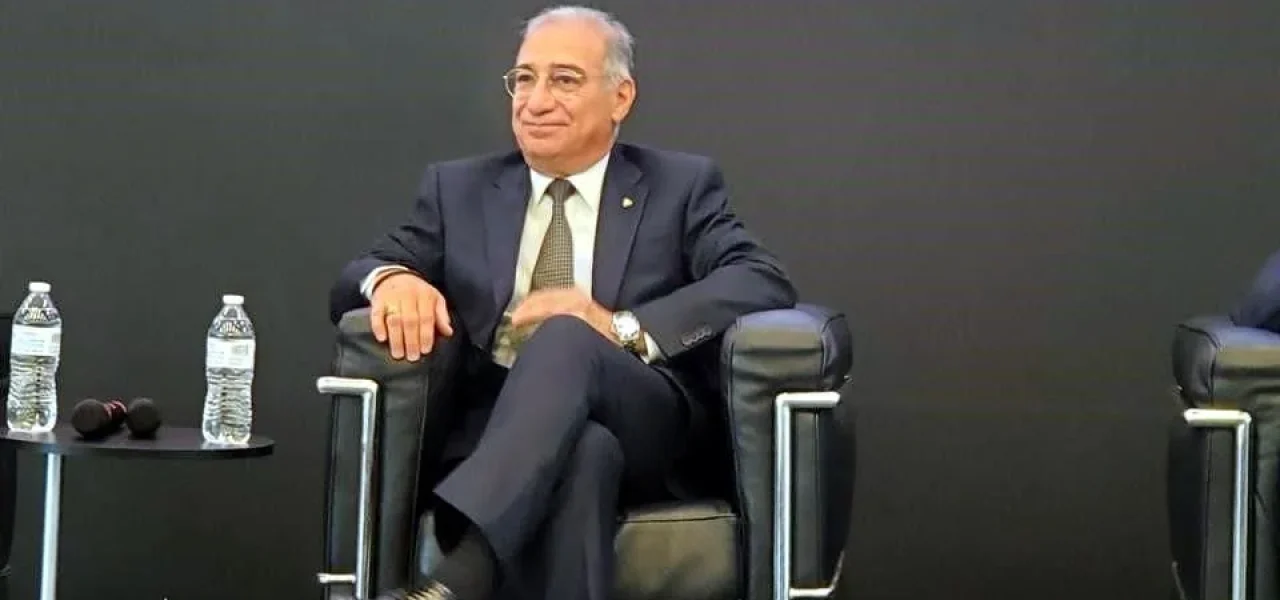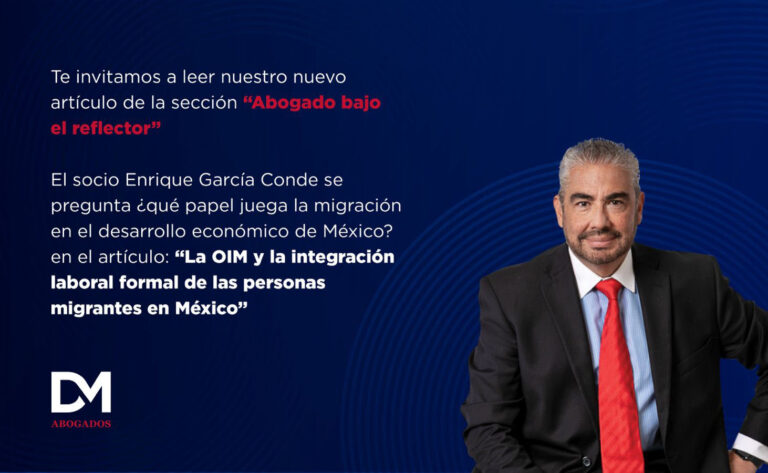Alberto Pérez Dayán, presiding Justice of the Second Chamber of the Federal Supreme Court of Justice, who participated with a conference in the 2024 Business Labor Seminar, organized by the ANADE Nuevo León Bar Association, pointed out that one of the topics that has shown progress is that of social security for persons who work for platforms.
“(The) person who works for the platform, the one that buys something that you request and brings it to your home and charges you through an application”, he said.
“Meanwhile the one who sells (the product) is not the boss of the person who delivers it (driver or delivery person), nor is it the one who communicates with him (the platform) so that he can go to your home, and neither is the one who requested the product.”
“From all of this game, there will be a fee that will be added to his individual account which will allow him, for as long as he is registered, to enjoy all the prerogatives of social security.”
Among the precedents on this topic in the Country, we have that in September of 2021 the IMSS [Mexican Social Security Institute] made a statement in which it reported that it had reached an agreement with digital service platforms Beat, DiDi, Rappi and Uber to promote the voluntary incorporation of independent workers.
In this pilot program, the drivers and delivery persons were going to pay 40 pesos per day. However, the program for Independent Workers is open to any worker who is self-employed and it is not a program that is exclusive for persons working in technological platforms.
In 2022, the Mexican Department of Labor informed that it was working on a project in which technological platforms would acknowledge the employment relationship with drivers and delivery persons.
Separately, Julio César Vega, general director of the Internet Association, mentioned that there are around 24 bills that seek to regulate the relationship between the drivers and delivery persons with the technological platforms, that are both at the House of Representatives and at the Senate.
Enrique García Conde, labor lawyer at the De La Vega Martínez Rojas Firm, mentioned that in European countries such as Spain or the United Kingdom, for example, the authorities determined that the drivers or delivery persons are employees and not partners of those technological platforms.
“There is a huge quandary and it will be very interesting to see how the courts in Mexico pronounce themselves in this regard.
“(Currently) there is no proper chapter in the law for the people who provide services in platforms”, he stated.
He shares his experience
Justice Alberto Pérez Dayán shared his experience about the time in which it was determined to create a pilot program for domestic workers to have access to social security.
He explained that it was a complex topic at the time, but the case of a domestic worker who reported an unjustified dismissal helped benefit the people who work in that activity.
Pérez Dayán acknowledged that the program still lacks momentum, as around 62 thousand people are registered at the IMSS.
According to the Inegi [National Institute of Statistics and Geography] 7 out of every 10 domestic workers do not have workers’ benefits.




